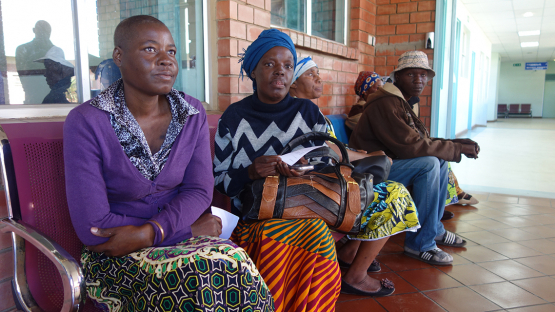For every government, making the best use of available resources is key to saving lives in the race against cancer. This is especially true in low- and middle-income countries.
In Ecuador, after detailed reviews of the country’s cancer control priorities, health authorities are finalizing their new national cancer control programme (NCCP) to address the country’s cancer burden. The programme builds on a 2019 cancer control assessment and covers priority areas from prevention to palliation. Ecuador is one of 10 countries at the cusp of starting implementation of such a strategic cancer control programme, with the support of the IAEA, the International Agency for Research on Cancer (IARC) and the World Health Organization (WHO).
“An NCCP is part of the blueprint that national health authorities use to reduce cancer incidence and mortality while improving the quality of life of cancer patients,” said Lisa Stevens, Director of the IAEA Programme of Action for Cancer Therapy (PACT). “The planning and implementation of an NCCP can help countries make the best use of available resources.”
In 2017, the World Health Assembly recommended that all countries develop NCCPs to guide cancer prevention and management activities. The ability to formulate realistic and robust cancer control strategies and plans, while considering available resources, is a challenge many countries are turning to the IAEA, IARC and WHO to help overcome.
The three organizations work in close cooperation and offer support to countries in engaging teams of global experts with experience in developing and implementing cancer control plans. These experts advise teams from Ministries of Health to design realistic and effective NCCPs, tailored to national needs. The ten countries currently finalizing NCCPs are Benin, Burundi, Chad, Ecuador, Guyana, Paraguay, Senegal, Sierra Leone, Zambia and Zimbabwe.





